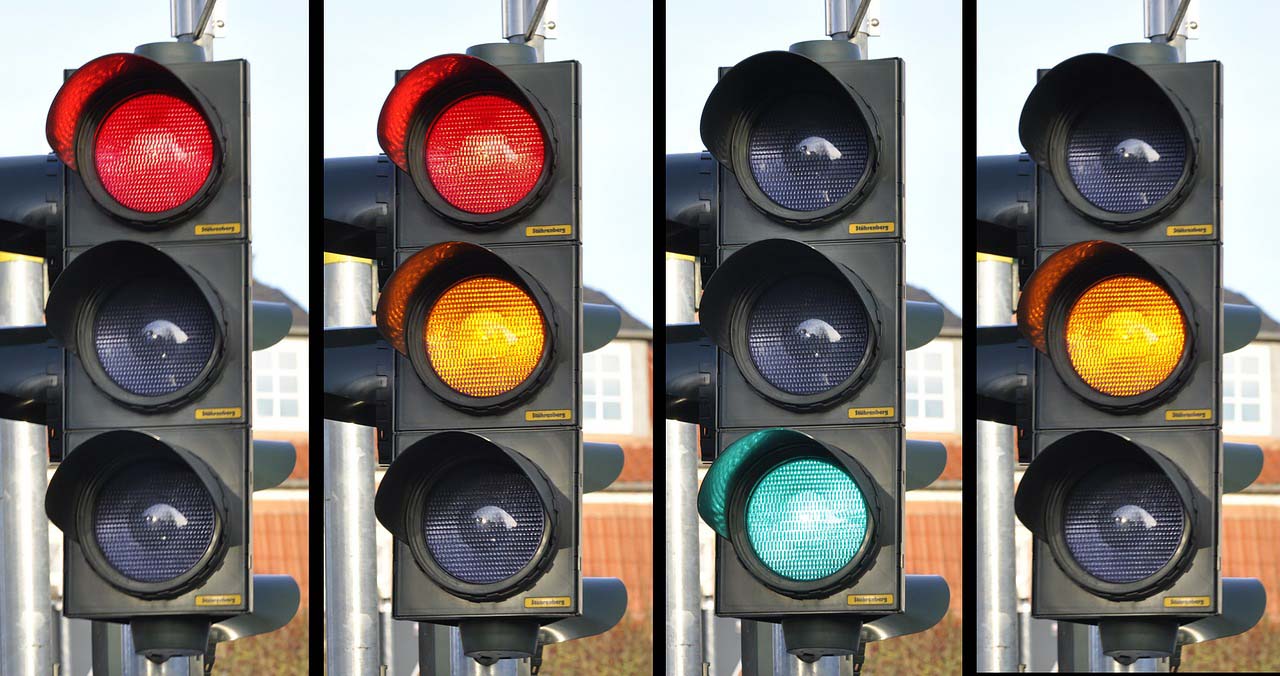
If I am hit by a car while crossing the road on either a red or flashing red pedestrian crossing light can I receive compensation for my injuries?
People who are injured often believe they have caused or partly contributed to events leading to the accident. Even if the injured person does contribute to the accident itself, it does not mean they do not have a claim for damages.It is well established that all road users have a duty of care not to cause harm or damage to others. A driver also has a high duty of care to avoid injury to pedestrians. For example ‘a driver must take into account the fact that there is likelihood that a pedestrian will suddenly come into the path of their vehicle’.
A driver of a car must satisfy the test of taking such care as was reasonable in the circumstances. Perfection is not required of a driver, but the law does require an appreciation of the situation and reasonable care.
In a recent case the Court of Appeal of Victoria ordered a re-trial where the jury incorrectly found that there was no negligence on the part of the driver who injured a pedestrian that was crossing a road.
Facts of the case:
The collision occurred at the intersection of Springvale and Waverley Road in Melbourne. The pedestrian was crossing the road on a dark and wet night when he was struck by a car.
When he started to cross the intersection, the walking sign was green. When he arrived at the median strip, the sign started to flash red but he continued to cross the road at a fast pace. He had almost completed crossing when he was hit by a car. He landed on his right shoulder, broke his leg, was hospitalised for two weeks and remained with permanent serious injuries.
The injured man instituted proceedings against the driver for compensation arising from the collision.
Although the pedestrian admitted he should not have completed crossing the road in the first place, he argued that the accident could have been ‘avoided by the driver’.
The driver of the car gave evidence that while waiting at the traffic lights prior to the accident there was no obstruction to his peripheral vision, the intersection was well lit and he had his windscreen wipers on. The driver said that he did not see the pedestrian at all prior to striking the pedestrian.
The jury returned a verdict that there was no negligence on the part of the driver and that he was not at fault for the injuries caused.
The case was appealed on a number of grounds and the judge was asked to consider a range of questions:
- Was there no negligence on the part of the driver, which was a cause of the pedestrian’s injury, loss or damage?
- Did the jury act reasonably in reaching its verdict?
- Did the Jury understand the concept of cause of injury?
The Court of Appeal of Victoria found that the evidence given by the driver and particularly the evidence that he did not see the pedestrian should have led the jury to find a failure by the driver to exercise reasonable care and keep a proper look-out. In other words, to find the driver was negligent.
The Court also found in favour of the pedestrian on the basis that if the driver had exercised reasonable care and kept a proper look-out, he would have observed the man in the vicinity of the vehicle and would have been able to react to the situation.
Comment:
A personal injury lawyer can assist pedestrians injured by a vehicle to understand their legal rights and further assist in seeking compensation if those rights have been violated and caused personal injuries.
Although an injured person may be partly at fault, it does not remover the responsibility of others for an accident. Issues as to cause of the injury can be complex and legal advice should be obtained.
If you wish to make an enquiry about a personal injury, please call us on 03 9001 1318 and we will be happy to speak about a claim for compensation.
All of our work is done on a “no win, no fee” basis, guaranteeing that you do not pay any fees until we have won your case.
 Call Us Today
Call Us Today



